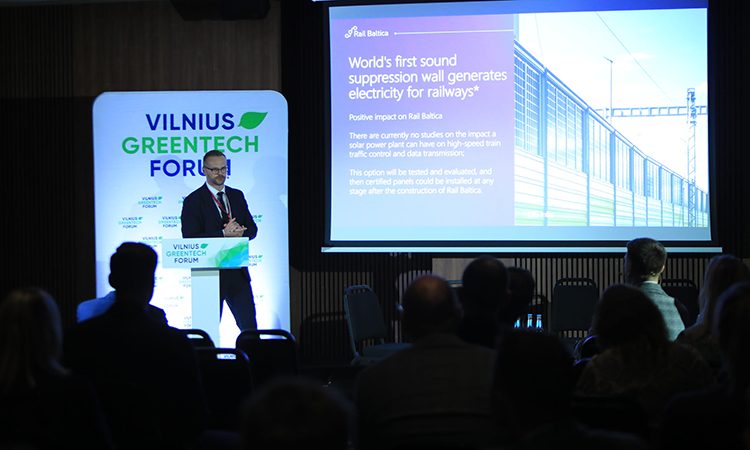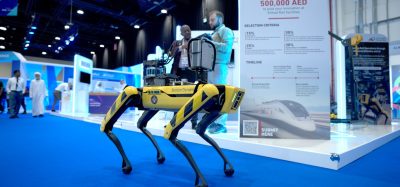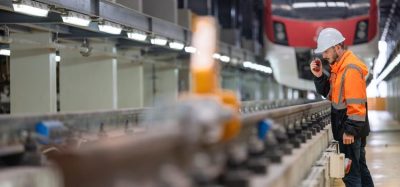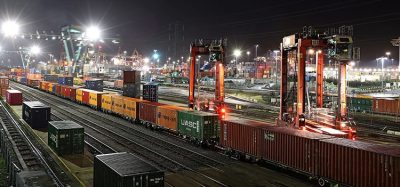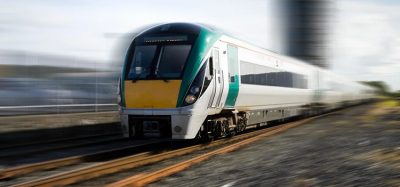The recent Vilnius GreenTech Forum, one of the largest energy, transport and green economy events in the Baltics, discussed the Rail Baltica project, emphasising its vision for a greener, interconnected transport network across the Baltic region.
Rail Baltica’s goals align closely with the Forum’s mission to advance green transport solutions and support the EU’s environmental targets. With a goal of achieving net zero emissions by 2050 and cutting transport-related emissions by 80% by 2040, the EU has prioritised projects that promote eco-friendly mobility. Rail Baltica’s electrified rail system aims to replace conventional road transport, offering a renewable-powered alternative that could significantly reduce greenhouse gas emissions across the region.
Marius Narmontas, Chief Operating Officer and Vice-Chairperson of the Management Board at RB Rail AS, highlighted Rail Baltica’s ability to reduce reliance on fossil fuels and drive the Baltic region’s energy transition. In addition to its environmental benefits, the project seeks to improve regional connectivity and boost economic growth.
Rail Baltica’s approach to sustainability is multidimensional, incorporating practices aimed at lowering carbon emissions, conserving resources and enhancing energy independence. The project has adopted a “Declaration of Sustainability Principles” to ensure environmental goals remain central throughout its development. Key strategies include minimising environmental impacts during construction by using locally sourced materials, repurposing excavated soil and prioritising the use of eco-friendly machinery.
Narmontas detailed the project’s commitment to sustainable station designs, which will incorporate energy-efficient heating systems and reduce waste by using recycled construction materials. These practices support Rail Baltica’s efforts to establish low-carbon infrastructure while setting a benchmark for future projects.
The GreenTech Forum underscored the importance of collaboration among political, business and public stakeholders to address climate challenges. Rail Baltica’s participation highlighted the potential for infrastructure projects to bridge the gap between environmental and economic goals. The project’s emphasis on stakeholder engagement aims to not only meet environmental standards but also support regional business growth and cultural exchange.
